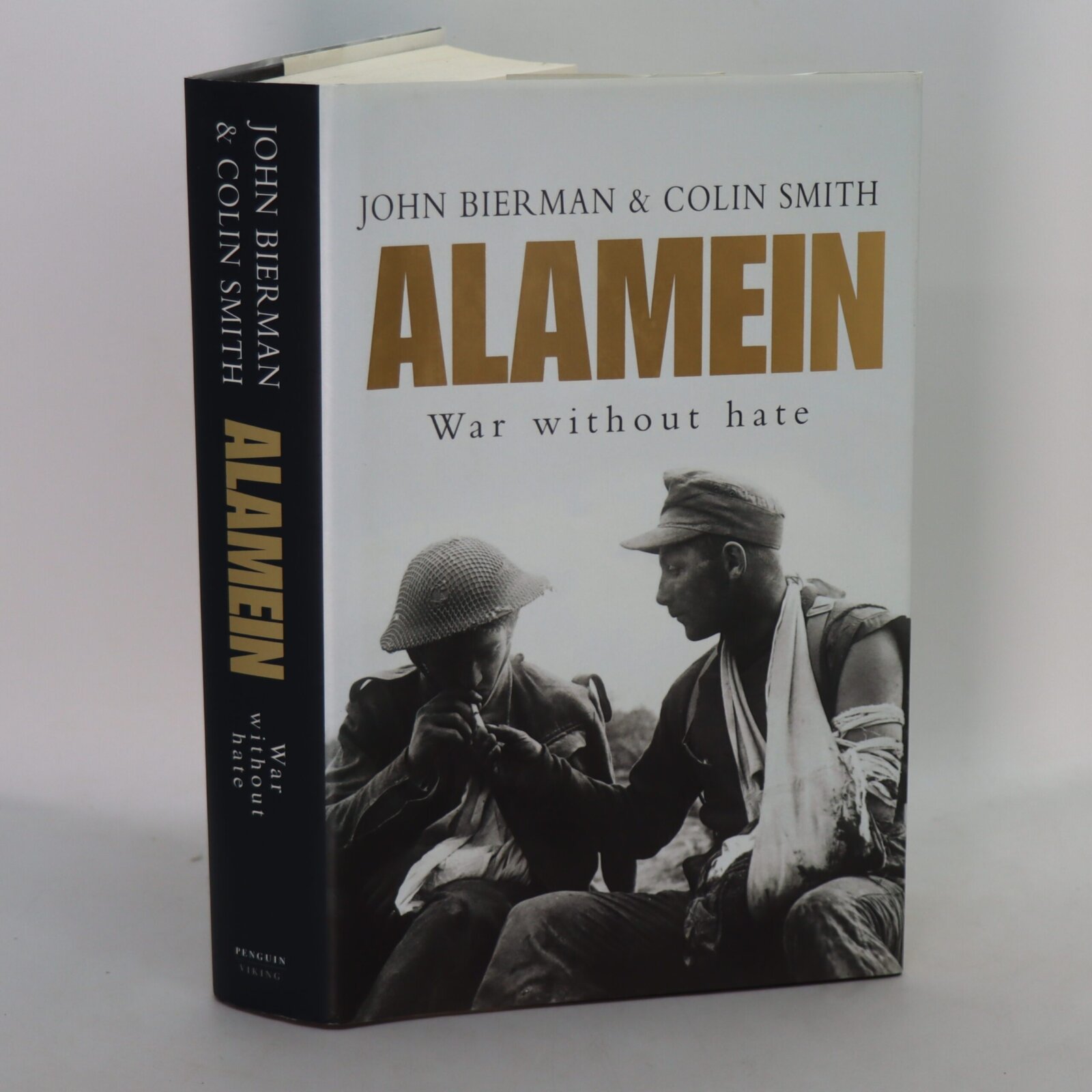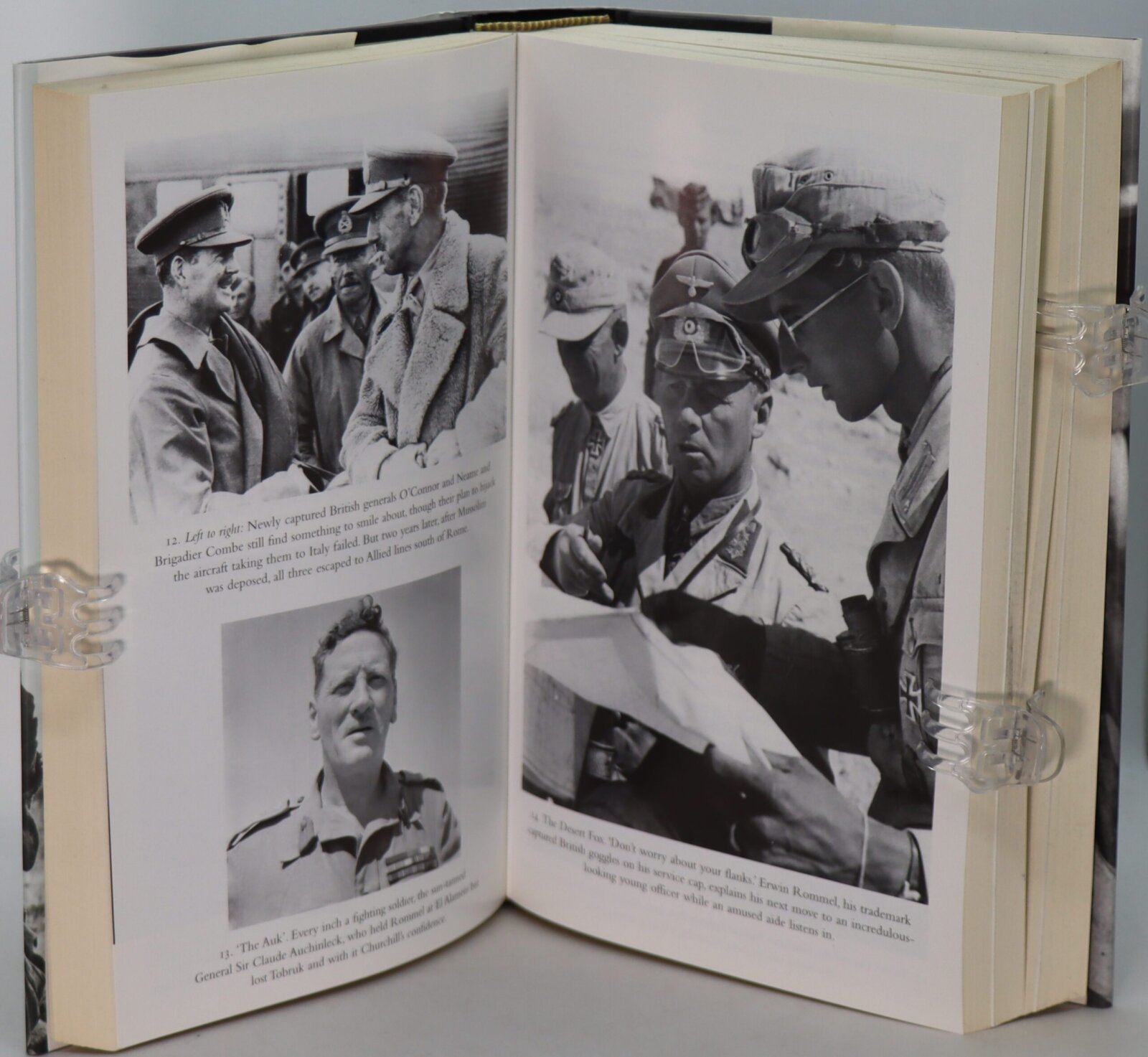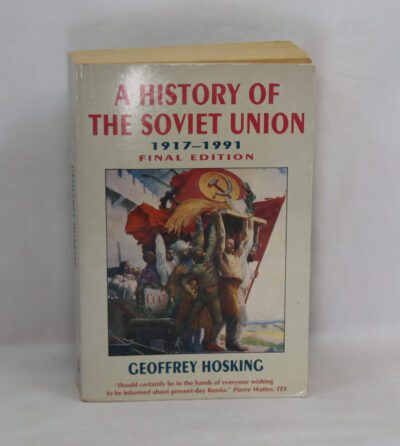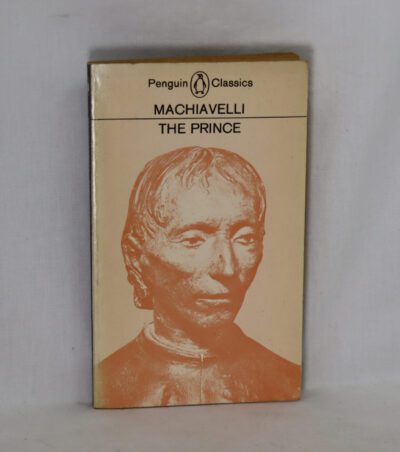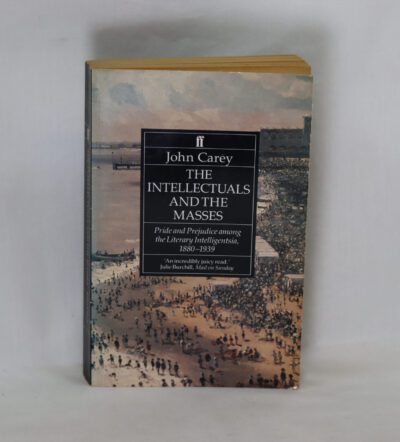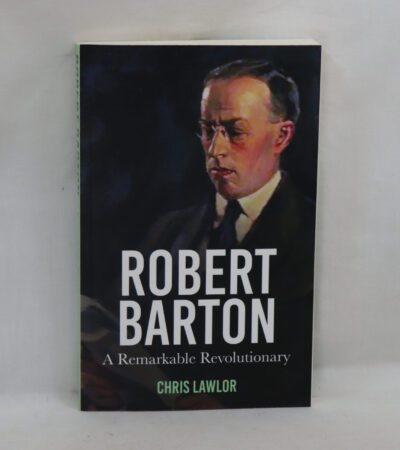The search for your perfect item starts here ...
Alamein.
By John Bierman & Colin Smith
ISBN: 9780241962725
Printed: 2002
Publisher: Viking. London
Edition: First edition
| Dimensions | 17 × 24 × 5 cm |
|---|---|
| Language |
Language: English
Size (cminches): 17 x 24 x 5
Condition: Fine (See explanation of ratings)
Your items
Item information
Description
In the original dustsheet. Black cloth binding with gilt title on the spine.
F.B.A. provides an in-depth photographic presentation of this item to stimulate your feeling and touch. More traditional book descriptions are immediately available.
A book you must read.
‘Excellent … a remarkable achievement and ought to be recognised as one of the most successful histories of the Western Desert and North African fighting yet to have appeared’ John Keegan, Daily Telegraph
For the British, the battle fought at El Alamein in October 1942 became the turning point of the Second World War. In this study of the desert war, John Bierman and Colin Smith show why it is remembered by its survivors as a ‘war without hate’. Through extensive research the authors provide a compellingly fresh perspective on the see-saw campaign in which the two sides chased each other back and forth across the unforgiving North African landscape.
Reviews:
“A first-class account of the arduous hunt to run Rommel to ground.’ — John Crossland, Sunday Times, best military history books of 2002
‘A new definitive account of the desert battle.’ — Daily Mail, September 2002
‘Excellent…A remarkable achievement…Few historians write as fluently as Bierman and Smith…one of the most successful Western Desert narratives.’ — John Keegan in Daily Telegraph, October 2002
‘Peppered with… fascinating insights…and the authors manage to fill the entire canvas of the desert war.’ — Herald, September 2002
‘big pacey read… panorama of the desert fighting up to the sacking of Auchinleck and the arrival of Montgomery.’ — Allan Mallison, The Times, September 2002
This is the first military history book I have read and I chose this subject as a family member died in this part of the world in 1942. So I can’t tell you how it compares to other books but I can tell you I found this utterly gripping. The authors have done an excellent job of interweaving individual stories of heroism (and not so heroic) into the overall big picture. You also get the perspective from both the allies and their foes.
Some aspects of this history really struck me:
1. The respect shown to the foe. Rommel, whilst a strong advocate of Nazism, strictly adhered to the Geneva Convention rules of the treatment of PoWs.
2. The leaders were true leaders. There are countless examples of men in command leading from the front putting their lives at risk at least as much, and often greater, than the men being led.
3. The tremendous ingenuity displayed on both sides in trying to out-wit the opposition.
However, I was left somewhat conflicted over Montgomery. Clearly, he was both a brave and resourceful fighter and leader. But he did seem to me to relish the battles and not to worry unduly about those who perished; winning was all. Having said that, it is not fair to judge from the comfort of a peacetime armchair.
A terrific and fast paced read.
Colin Smith is a historian, novelist, and former war correspondent. In 1972, at the age of twenty-three, he became the Observer’s chief roving reporter and spent the next thirty years covering the world’s trouble spots for the Observer and the Sunday Times – from Phnom Penh to the Golan Heights, from Saigon to Sarajevo, from Nikosia, to Port-au-Prince. He was named International Reporter of the Year in the 1974 and 1984 British Press Awards. Today he is best known for his military histories of Britain’s campaigns against the Vichy French, the 1942 surrender of Singapore and The Battle of Alamein, which was recently reissued in condensed form as part of Penguin’s E-Book Shorts series.
Smith lives in Nicosia with his wife Sylvia and several cats.
John Bierman was a journalist and biographer who for 25 years covered trouble spots all over the world for major news organizations in Britain, the USA and Canada. For 10 years he was a staff correspondent for BBC Television News and BBC World Service, and spent much of that time in the Middle East, where he discovered the story of Raoul Wallenberg, then virtually unknown. He has co-authored two books with journalist Colin Smith, including Alamein, War Without Hate, published by Penguin. John Bierman died in 2006.
The Second Battle of El Alamein (23 October – 11 November 1942) was a battle of the Second World War that took place near the Egyptian railway halt of El Alamein. The First Battle of El Alamein and the Battle of Alam el Halfa had prevented the Axis from advancing further into Egypt.
The British victory was the beginning of the end of the Western Desert Campaign, eliminating the Axis threat to Egypt, the Suez Canal, and the Middle Eastern and Persian oil fields. The battle revived the morale of the Allies, being the first big success against the Axis since Operation Crusader in late 1941. The end of the battle coincided with the Allied invasion of French North Africa in Operation Torch on 8 November, which opened a second front in North Africa.
Want to know more about this item?
